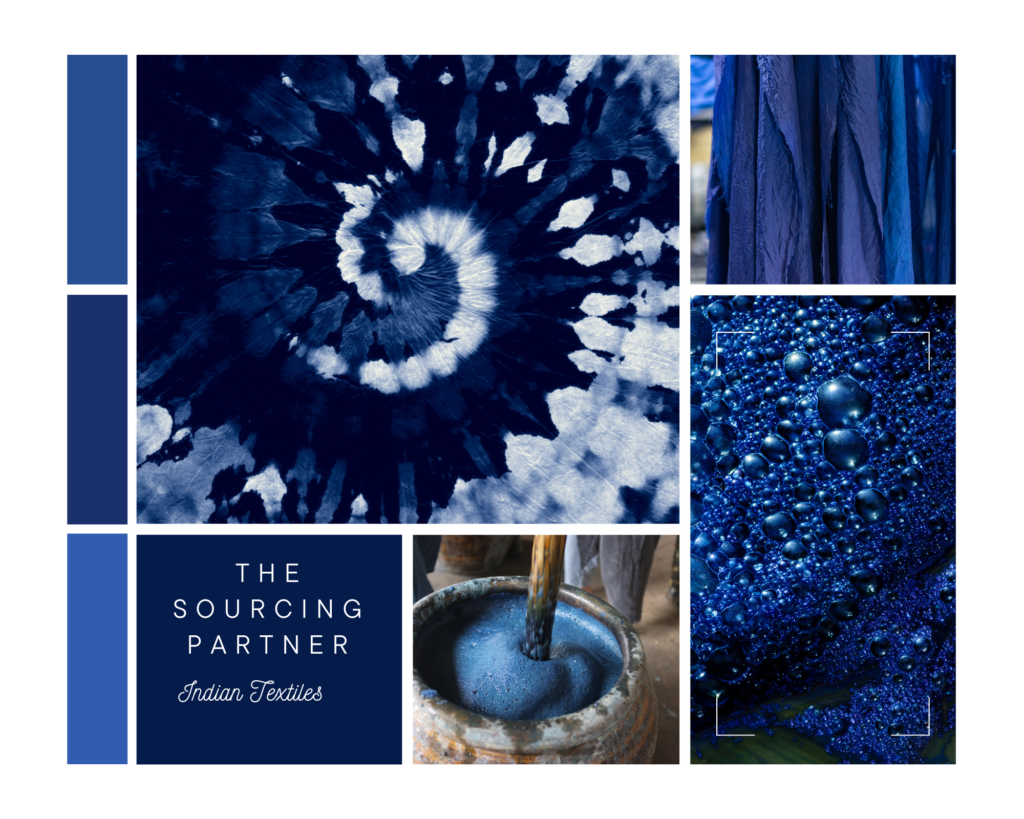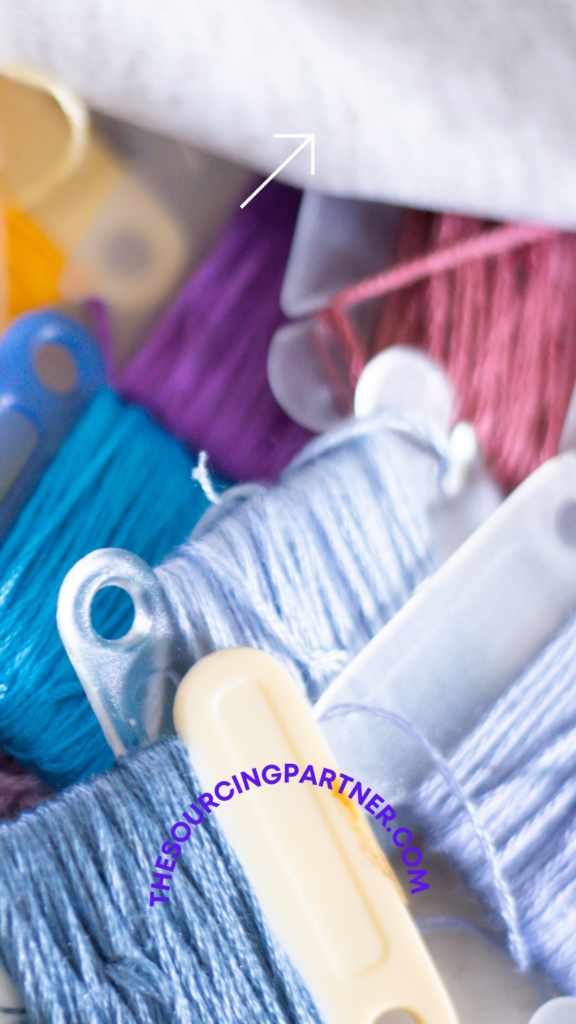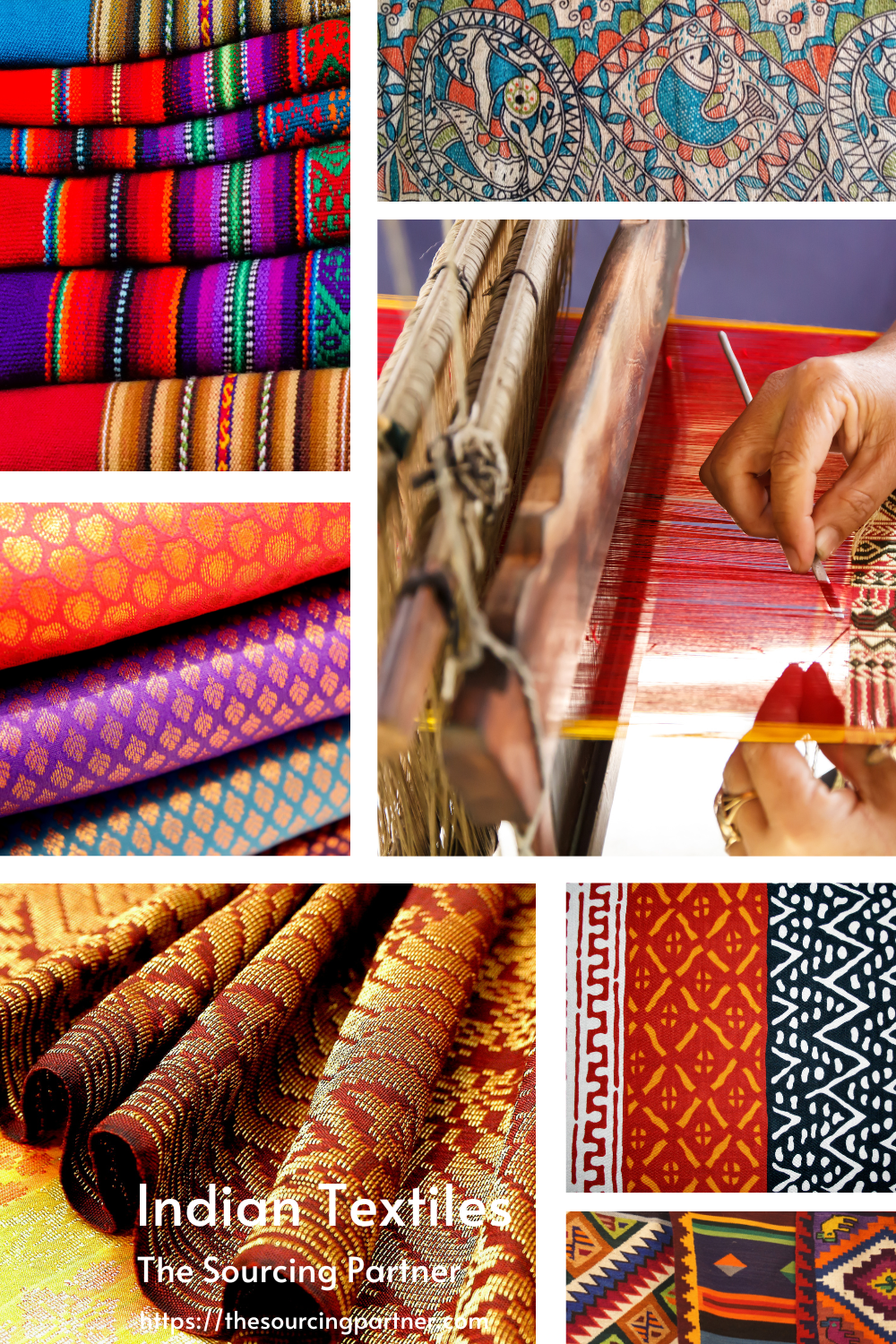Aside from woven and knitted fabrics, there are different types of fabric in India. But generally, India consists of four main textile types.
Cotton Textile Industry
The cotton textile industry in India is the largest and oldest producer of cotton in the world. It is also considered to have the largest cotton cultivation area globally, with an estimated production of about 4.4 million bales in 2007-08.
For instance, cotton is grown in over 5000 square kilometers in a state in India called Andhra Pradesh. Half of these are irrigated. Apart from Andhra, cotton is mainly distributed to several cities such as Maharashtra, Gujarat, Tamil Nadu, Uttar Pradesh, West Bengal, Madhya Pradesh, Karnataka, Andhra Pradesh, Kerala, Haryana, Punjab, and Delhi.
The Indian cotton textile industry has developed rapidly over the past few decades because of the increasing global market demand. However, over time many big businesses have left the industry due to competition from imports and strong anti-dumping measures applied by the government.


Woolen Textile Industry
India has the seventh-largest wool-producing capacity and the third-largest sheep population in the world. But because of the shortage of domestic production, there has been a heavy reliance on importing wool from Australia and New Zealand.
And top production of woolen takes place in cities like Punjab, Haryana, Rajasthan, Uttar Pradesh, Maharashtra, and Gujarat.



Silk Textile Industry
India is the second-largest producer of silk in the world. The sector comprises 14,227 commercial seed rearers and more than 50 weaving clusters present in the country.
Silk in India is produced in Karnataka, Andhra Pradesh, and Tamil Nadu, creating all four types of commercially available silk – Mulberry, Tasar, Eri, and Muga. The textile industry in India also employs millions of people, particularly in rural areas, and is worth 248.56 million U.S. dollars.
Jute Textile Industry
The jute textile industry in India is one of the most important industries in the country. It is second to the cotton industry in terms of production. It employs 0.37 million workers and contributes significantly to the economy.
However, the industry has been facing challenges caused by the competition hike from synthetic fibers and other factors.
For example, the industry is mainly based on exports, and so any negative impact on exports has a significant impact on employment. Not only that, but the advent of synthetic fibers also affected the fabric’s production.
Many leading manufacturers exist in India’s eastern regions, including Bihar, Assam, and West Bengal, producing four-fifths of all jute in the country.
Sustainable Garment Manufacturing in India
Sustainability is more than a buzzword. It is a practice that has slowly gained momentum over the years and is now firmly placed in the mainstream. The idea of sustainability encompasses many aspects, including the business’s environmental, social, and financial factors. It also includes the choice of raw materials and manufacturing processes used to make products.
And therefore, because of the changing consumer preferences, increasing environmental responsibility, and rising costs, garment manufacturers in India adapted their processes and practices to utilize resources better and reduce waste generation.
Some companies have chosen to use organic fabrics, while others have opted for natural dyes or recycled materials in their production processes. Additionally, some brands have implemented strict guidelines when it comes to their suppliers and labor conditions in their factories.
In particular, certifications provided by companies like Business Social Compliance Initiative (BSCI) and Supplier Ethical Data Exchange (SEDEX) are recognized by several major retailers as proof of a company’s commitment towards sustainability practices.
But even if these certifications have been granted to a factory it doesn’t guarantee their validity and integrity. Therefore it is necessary for brands to look beyond certification bodies and develop their own sustainability criteria for suppliers.
And to check their credibility, you will need an exclusive audit or visit of manufacturing sites. You can also do this with the support of an independent team like THE SOURCING PARTNER.
And the THE SOURCING PARTNER team will be in-charge and present during all the production to make sure the factory is not subcontracting and respect sustainable manufacturing. Sustainability is the way
And another good news is that THE SOURCING PARTNER aims to ensure that textile production in India is genuine and is committed to economically viable practices. We have a large network of sustainable and ethical garment factories in India that intend to deliver the finest garments to customers.
Furthermore, At THE SOURCING PARTNER, we help our clients track their supply chain. Through our lab testing of products’ material, we ensure that our client’s products are free of harmful chemicals and skin-friendly and confirm you the real composition of the fabric. This is because some factories often lack transparency in their production processes. Click here to know more about the difference THE SOURCING PARTNER makes, and let us be your sustainable partner!
